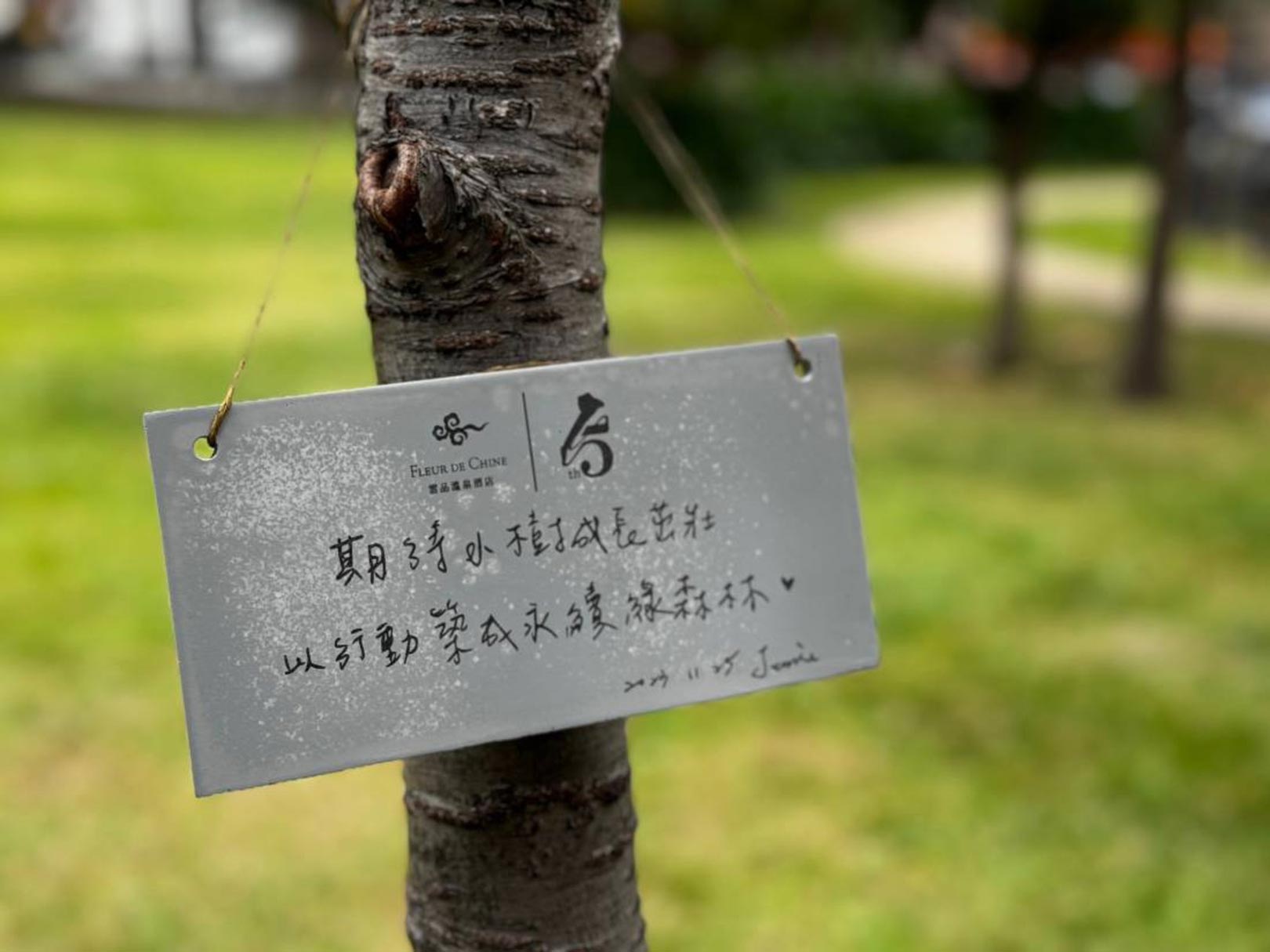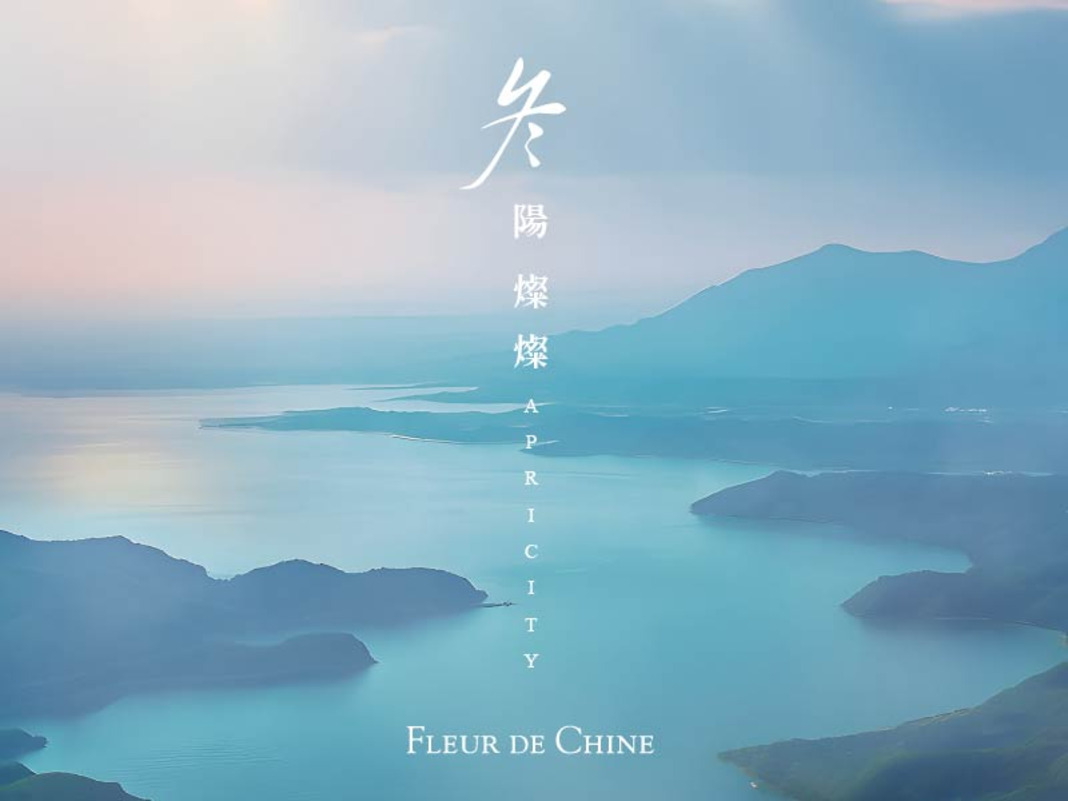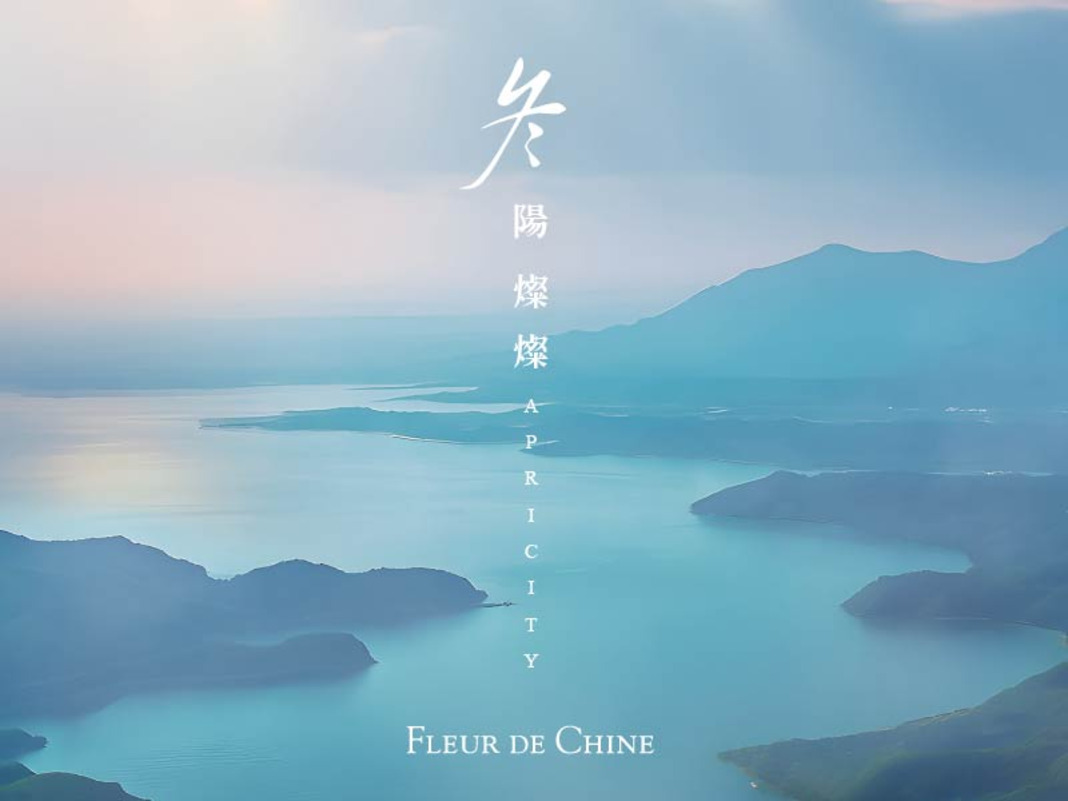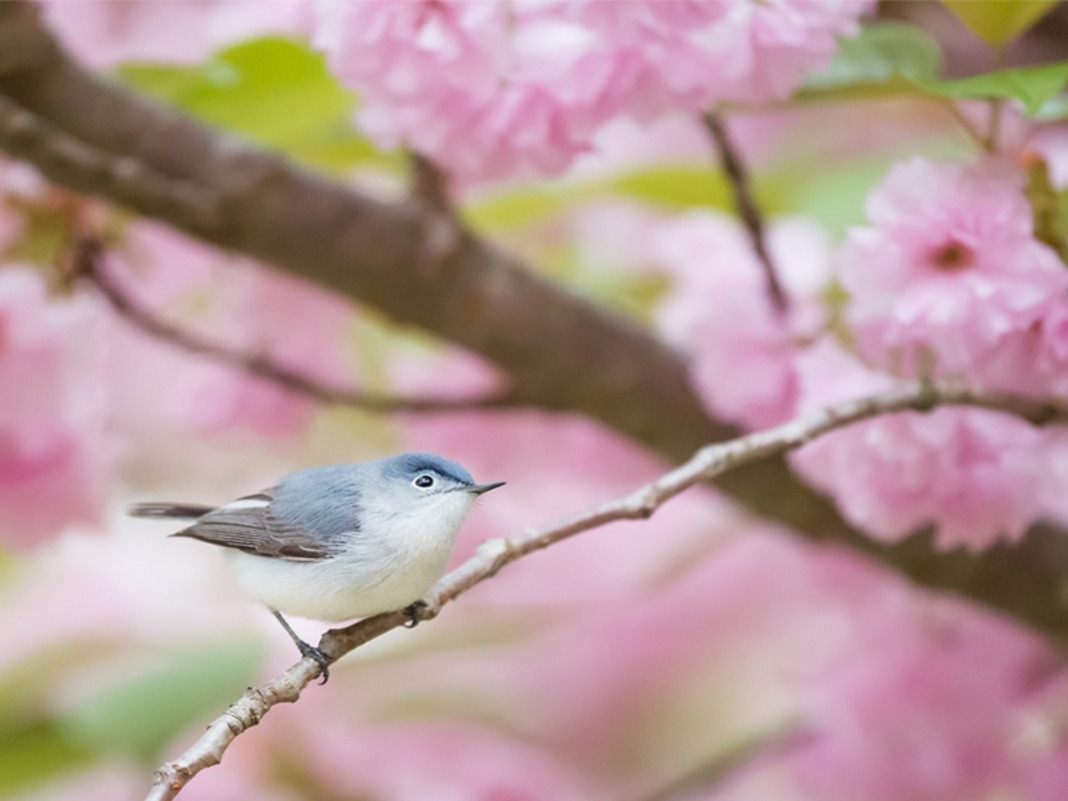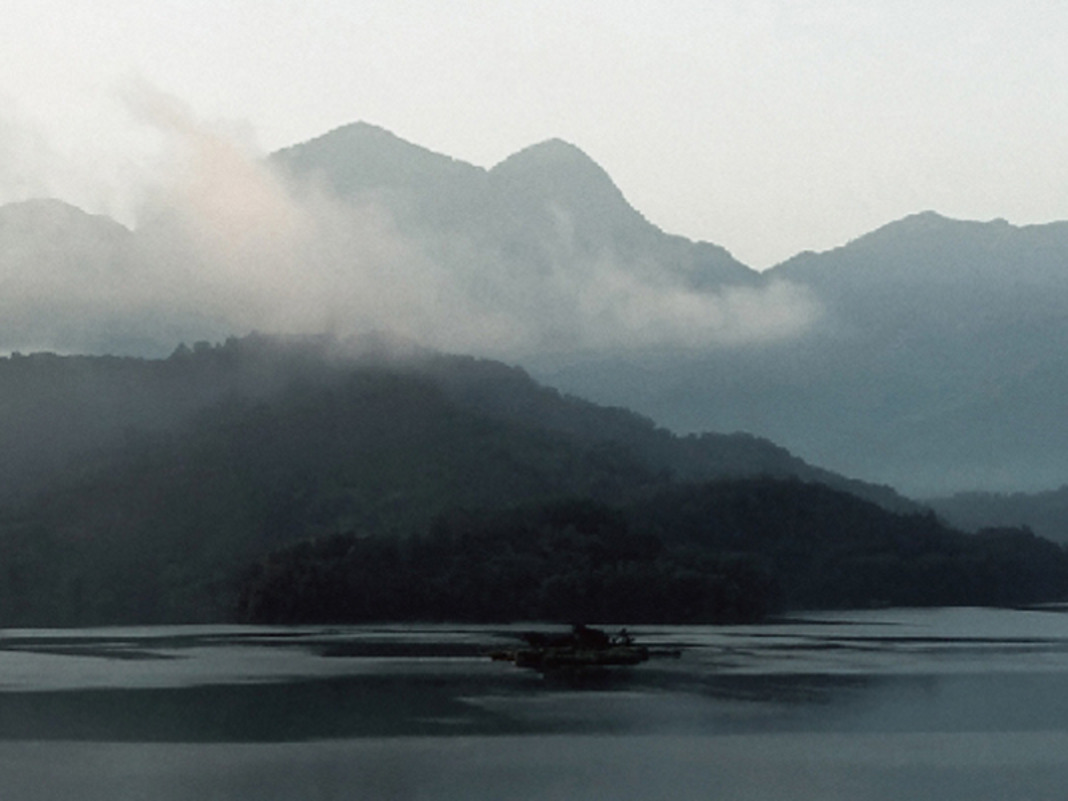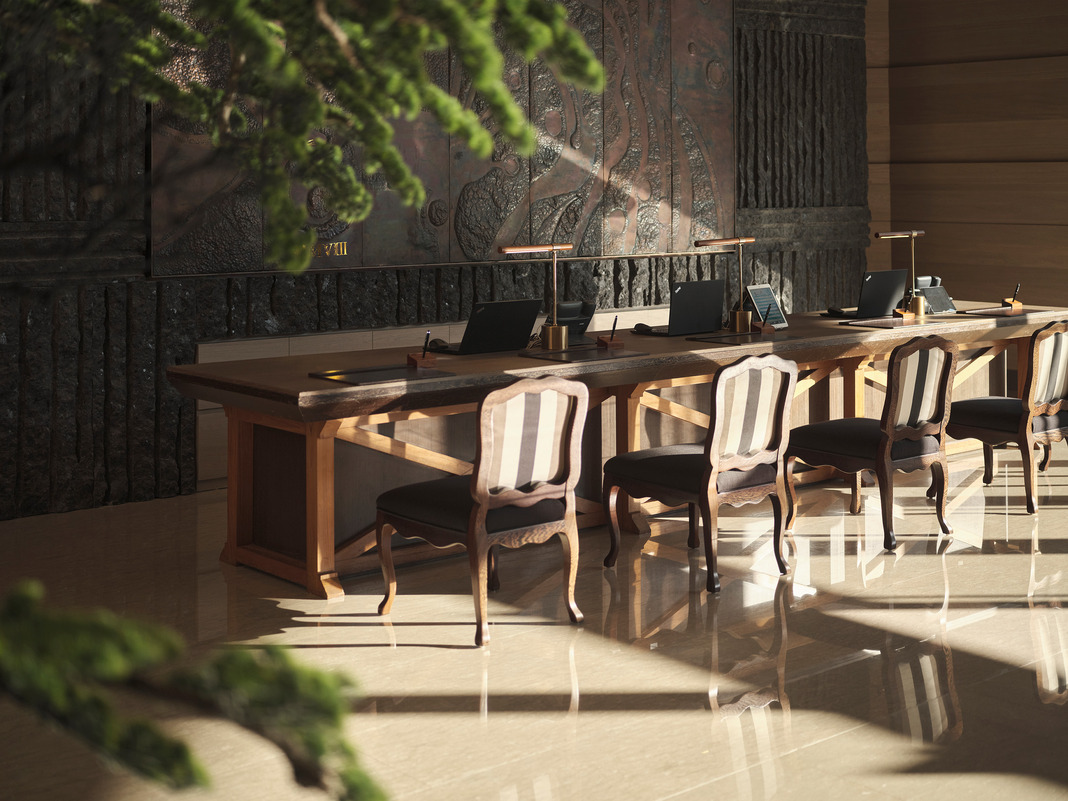Sustainable Travel: Go Beyond Carbon Neutral and Discover Carbon Negative Living!
Travel should be an enjoyable experience. Not just for you, but also for the environment and Planet Earth. To that end, we have implemented several eco-friendly measures, like introducing water dispensers at FDC facilities to cut down on plastic bottles. This year, we’re going a step further and introducing a new carbon negative package that guests can purchase to further lower the environmental impact of their stay.
>>【About Carbon Negative Package】 In addition, we hope to make a more direct contribution to Taiwan, this beautiful island rich in culture. We invite you to join our tree-planting initiative and help us reforest Taiwan together!
>>【The tree-planting plan】
【About Carbon Negative Package】Our Commitment to Sustainability
FDC has earned recognition from the Taiwan Corporate Sustainability Awards and Commonwealth Magazine for its role in advancing sustainable practices.
For example, the hotel has eliminated single-use amenities and bottled water, increased the use of locally sourced ingredients, established traceable dining concepts within the property, promoted the use of reusable eco-cups throughout the Sun Moon Lake area, and conducted Life Cycle Assessment (LCA) carbon footprint evaluations.
On the infrastructure side, comprehensive systems have been implemented, including greywater recycling and reuse, energy-efficient equipment upgrades, wastewater and air pollution control facilities, energy-saving lighting and water-saving installations, as well as centralized energy management and monitoring systems. Both Palais de Chine Hotel and Fleur de Chine Hotel have obtained ISO 50001 Energy Management System Certification, while Fleur de Chine Hotel has further distinguished itself as the first five-star hotel in Taiwan to receive the GSTC-Certified.
Beyond hotel operations, LDC Hotels & Resorts actively engages in strategic partnerships, local revitalization initiatives, social responsibility, and environmental protection. These efforts include regularly organizing lake-cleaning activities, promoting SDGs education programs, installing food waste processing machines, implementing food and agricultural education initiatives, and hosting ecological guided tours.
Moreover, the group pioneered a Carbon-Negative Accommodation Program, inviting guests to participate through an optional Carbon Negative add-on. This initiative enables each stay to effortlessly offset twice the amount of carbon emissions generated by accommodation, allowing travelers to contribute meaningfully to environmental sustainability with every journey.
Carbon Negative Living: An Introduction
FDC teamed up with Taiwan Cement to assess its hotels’ resource and energy consumption, as well as evaluate its public facilities. After two years of thorough examination, it’s estimated that a stay at Fleur de Chine on average generates a carbon footprint of 150kg CO2e.
Effective immediately, anyone booking a stay at Fleur de Chine can opt into the carbon negative initiative. Those staying at Fleur de Chine can choose to pay NT$47 per night to help offset the environmental impact of their stay. FDC will not only use those funds to purchase carbon credits but will also match the amount and purchase additional credits as well, so your stay will be carbon negative.
*Those who opt into the plan will receive complementary seed paper and a digital certificate as proof of purchase.How does the carbon negative package work?
We have purchased carbon credits from the Taiwan Carbon Exchange, sourced from the “Eritrea Community Borehole Project” certified by Gold Standard, to complete our carbon credit transaction and offset.
In rural areas of Eritrea, East Africa, many residents lack access to safe drinking water, with women often bearing the burden of collecting water and managing household needs. This project helps repair local boreholes, providing clean groundwater while reducing firewood consumption and carbon emissions.
The hottest travel trend is giving yourself and the Earth a carbon negative experience. Enjoy yourself in an Earth-friendly and sustainable manner!
All funds used by FDC and its guests to purchase carbon credits will be accounted for in its financial report audited by accountants.
Be a sustainable traveler!
Aside from reducing plastic bottle use, you have another options!
FDC invites you to purchase carbon credits to offset the environmental impact of your stay!
“The power of imagination makes us infinite.” – John Muir, Environmentalist
【Let's Reforest Hualien Together】"Additional cost for NT$250, we plant a tree!" The tree-planting initiative Fleur de Chine collaborates with Taiwan Cement Corporation.──
Date:From 2023/11/10
For an additional NT$250, join us in reforestation efforts in Taiwan.The contentFleur de Chine actively promotes the
"Carbon Negative Package" add-on activity, inviting guests to contribute NT$47 to purchase carbon credits. Fleur de Chine offsets the carbon footprint generated from accommodation and dining by purchasing and retiring carbon credits via the Taiwan Carbon Solution Exchange. To further encourage guests to participate in this initiative, Fleur de Chine doubles the impact by purchasing an equal amount of carbon credits on behalf of our travelers. In doing so, we move beyond carbon neutrality and achieve net negative emissions.
➜ This time, the carbon credits are invested in the “Eritrea Community Borehole Project”, certified by Gold Standard.
In rural areas of Eritrea, East Africa, many residents lack access to safe drinking water, with women often bearing the burden of collecting water and managing household needs. This project helps repair local boreholes, providing clean groundwater while reducing firewood consumption and carbon emissions.
➜ In turn, this helps slow down the pace of global warming.
And this time, we also hope to make a more direct difference—by inviting you to join us in reforesting Taiwan, this beautiful island we call home.The average cost of planting a tree, including care and maintenance, is approximately NT$790. For guests participating in the Carbon Negative Package project who wish to contribute to reforestation in Taiwan, an additional cost of only NT$250 covers the expenses for the "Exclusive Laser Engraving Cement Board of Sapling." This contribution allows you to join us in planting a tree on a slope at an altitude of 950 meters in Heping Village, Xiulin Township, Hualien.
Additionally, we invite all travelers to inscribe their names, wishes, blessings, or any heartfelt messages. This will be meticulously engraved in the original handwriting onto the cement board as a lasting memento.
※The tree-planting process in collaboration between Fleur de Chine and Taiwan Cement Corporation follows the regulations of the Forestry Bureau. The procedures, including handling saplings, preparing the land, planting, and grass cutting, adhere to forestry guidelines. Tree-planting and afforestation activities are conducted once each in spring and autumn every year.
